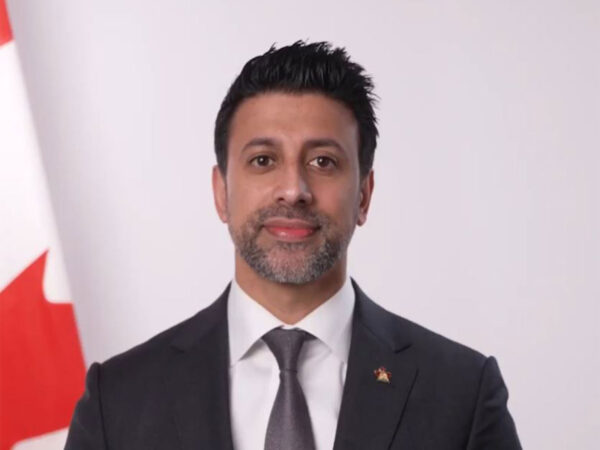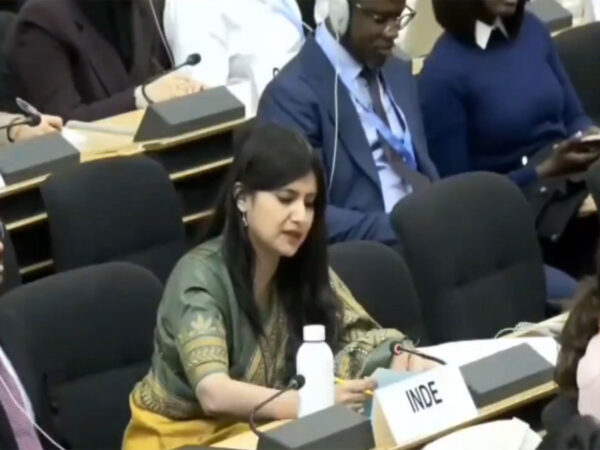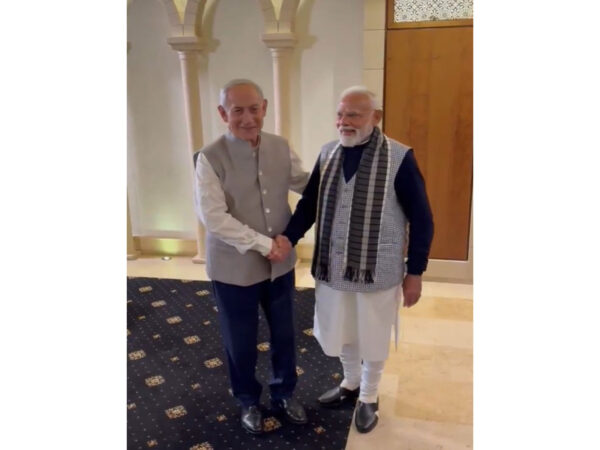
N Korea Fires Long-Range Ballistic Missile Towards East Sea
North Korea fired a long-range ballistic missile toward the East Sea on Thursday, hours before the leaders of South Korea and Japan meet to discuss the recalcitrant regime’s evolving threats and other shared challenges, Yonhap News Agency.
Notably, this is the third missile that has been launched this week. The last one took place on March 14.
Seoul’s Joint Chiefs of Staff (JCS) said that it had detected the launch from the Sunan area in Pyongyang at 7.10 am.
“While strengthening its monitoring and vigilance, our military is maintaining a full readiness posture in close cooperation with the United States,” the JCS said in a text message sent to reporters, according to Yonhap News Agency.
The latest launch also came amid the ongoing South Korea-US Freedom Shield (FS) exercise, which the North has decried as “preparations for a war of aggression” against it.
Earlier, on Tuesday, North Korea fired two “strategic cruise missiles” from a submarine in waters off its east coast over the weekend, state media said on Monday, reported Yonhap News Agency.
The missiles were fired from 8.24 Yongung in waters off Kyongpho Bay in the East Sea in an underwater launching drill held at dawn Sunday, according to the official Korean Central News Agency (KCNA).
The drill confirmed the reliability of the weapon system and examined the underwater-to-surface offensive operations of submarine units that constitute one of the other major forces of the DPRK nuclear deterrent,” the KCNA said.
“The missiles precisely hit preset targets in the East Sea after “traveling the 1,500 km-long eight-shaped flight orbits for 7,563 to 7,575 seconds,” the KCNA stated, adding, “The drill…verified the current operation posture of the nuclear war deterrence means in different spaces.”
Meanwhile, on Thursday, South Korean President Yoon Suk-Yeol will visit Japan for a long-awaited summit with Prime Minister Fumio Kishida.
South Korean and Japanese leaders are set to meet in Tokyo, in the first official bilateral meeting between the two countries’ leaders in 12 years, The Japan Times reported.
A potential thaw in ties between these two key US allies could yield big dividends for the Biden administration and its Asia policy. (ANI)
Read More Article: https://lokmarg.com/

NCERT Withdraws Class 8 Book After Judiciary Content Row, Issues Apology

‘We Both Want FTA, Hope To Conclude Negotiations This Year,’: Canada Trade Minister

‘Pakistan Living In La La Land’: India Slams Islamabad At UN Human Rights Council
